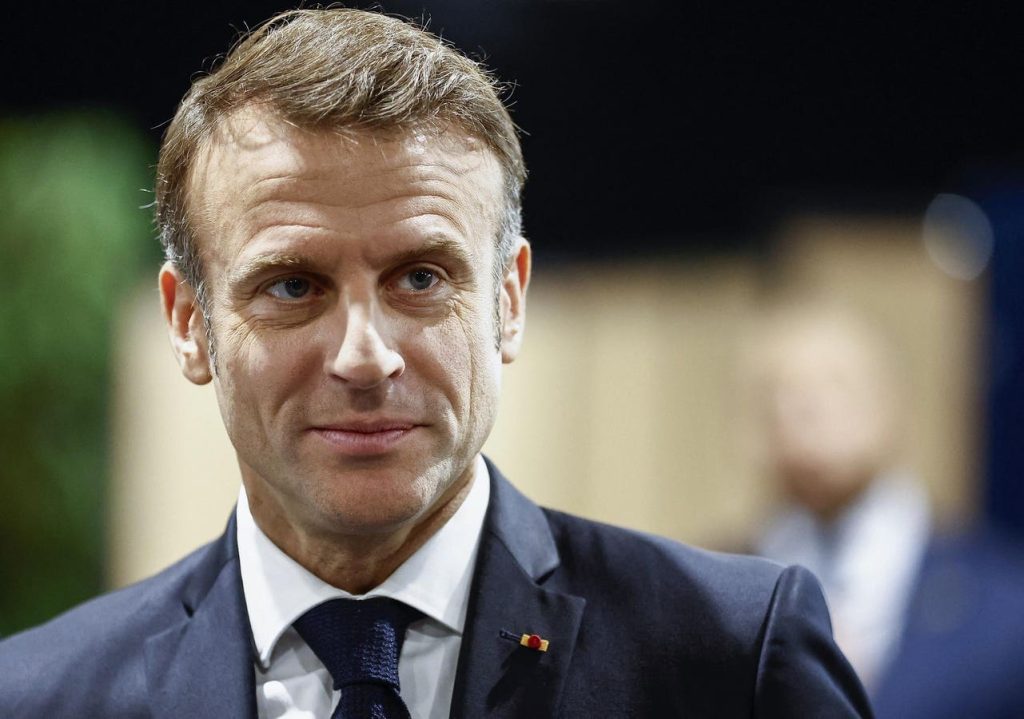France’s President Emmanuel Macron looks on during his vote in the second round of France’s … [+]
POOL/AFP via Getty Images
As dawn breaks over Paris, the recent parliamentary elections have left the French political landscape in a state of flux.
The unexpected results have cast a spotlight on the challenges President Emmanuel Macron faces as he navigates an increasingly fragmented political environment. The New Popular Front (NFP)—a coalition of left-wing parties—emerged as the largest group in the National Assembly with 182 seats. However, they fell short of the 289 seats required for an absolute majority, creating a complex scenario for governance.
Macron’s centrist Ensemble alliance secured 163 seats while Marine Le Pen’s far-right National Rally (RN) captured 143 seats. The RN’s strong showing in the first round had raised concerns about a potential far-right government. However, the final tally reflected a decisive rejection of the far right by the French electorate who preferred a politically divided but predominantly left-leaning assembly over an extremist government.
International reactions have also poured in with leaders like Spanish Prime Minister Pedro Sánchez praising the French electorate for rejecting far-right politics. This sentiment reflects a broader European trend towards progressive policies and a decisive stance against extremist ideologies. The parallels drawn between recent political developments in France and the United Kingdom—where the center-left Labour Party achieved a sweeping victory—suggest a continental shift towards more socially progressive governance.
For Macron, the path ahead is fraught with challenges. Domestically, he must address critical issues such as economic inequality, social justice, and environmental sustainability while managing a fragmented legislature. The balancing act of pushing forward his legislative agenda in such a divided parliament will require skillful negotiation and strategic compromises. Internationally, Macron’s ability to maintain France’s influential role in the European Union and on the global stage will require adept diplomacy and strategic partnerships, particularly as Europe grapples with its own set of economic and geopolitical challenges.
That said, the emergence of the NFP as the largest parliamentary group introduces a new dynamic in French politics. Their influence on policy and legislative agendas will be significant, but internal tensions within the diverse coalition could pose challenges to presenting a cohesive front. Meanwhile, the RN, despite not achieving a majority, remains a potent force in the National Assembly, ensuring that far-right perspectives continue to shape the political discourse. The interplay between these varied factions will undoubtedly complicate legislative proceedings and policymaking.
Moreover, the French public’s sentiment is evolving, as evidenced by the electoral outcome. The RN’s continued presence in the National Assembly ensures that the far-right’s perspective will remain a part of the national conversation. Marine Le Pen’s party has successfully tapped into a segment of the population that feels disenfranchised by traditional politics. Addressing the concerns of these voters—particularly around immigration, national identity, and security—will be critical for any governing coalition. The challenge will be to address these issues in a way that fosters inclusivity and unity rather than division.
As the United States prepares for its 2024 presidential election, the French experience offers valuable insights. The U.S. faces its own potential for political upheaval with incumbent President Joe Biden seeking re-election and former President Donald Trump running for a second non-consecutive term. The dynamics at play in France—voter fatigue with traditional parties, the rise of both far-right and progressive movements, and the challenges of governing without a clear majority—may well find echoes in the American political landscape.
In both countries, the central theme is one of a populace seeking change. The demand for policies that address economic inequality, social justice, and climate change is growing louder. In France, the NFP’s success signifies a shift towards more progressive politics, while in the U.S., the coming election could see similar calls for change, depending on the outcomes of primary elections and the broader political climate. The political developments in France could serve as a precursor to similar shifts in other democracies facing similar pressures.
Macron’s ability to navigate the political waters over the next few years will be a case study in leadership during times of division. The need for coalition-building and compromise will be paramount, and the strategies he employs could provide a blueprint for other leaders facing similar challenges. The effectiveness of his governance in this fractured landscape will likely influence his legacy and the future trajectory of French politics.
And so, as the world watches France, the implications of its electoral outcomes will resonate beyond its borders. The need for inclusive, responsive, and effective governance is universal, and the French experience offers both cautionary tales and potential pathways forward. The next few years in France will be closely scrutinized for how well the government can balance competing interests and deliver on the promises of a more just and equitable society.
